Case Study
Dirty Oil Problem in Hydraulic Bailing Press Machines
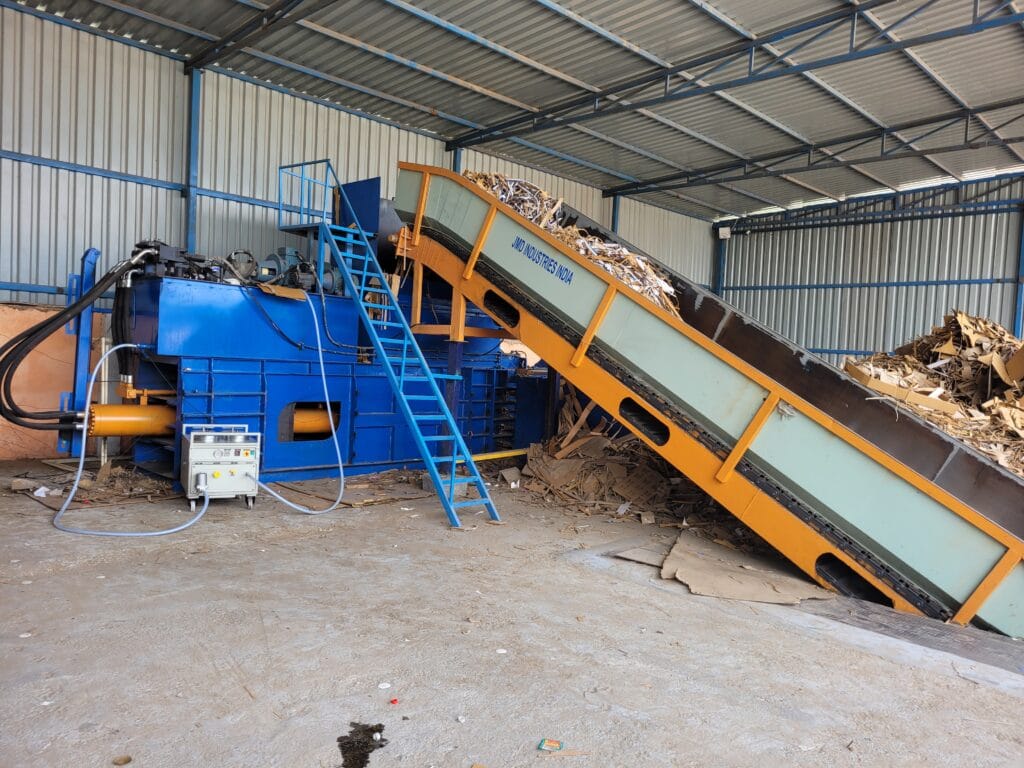
Location: Delhi NCR
Product Installed: Oil Filtration Machine FP- SERIES
Application Background
In the recycling industry, hydraulic bailing press machines are essential for compacting materials such as scrap metal, plastics, and paper. However, one of the significant challenges faced by operators is the dirty oil problem. Contaminated hydraulic oil can lead to decreased efficiency, increased wear on components, and higher maintenance costs.
Background
The case study focuses on a mid-sized recycling facility located in Pune, Maharashtra, which processes approximately 100 tons of waste daily. The facility uses a hydraulic bailing press Machines to produce compact bales of recycled materials. Over time, operators noticed a decline in the machine’s performance, prompting an investigation.
Problem Identification
Symptoms of Contamination
- Decreased Performance: The Hydraulic Bailing Press Machines showed reduced force during compression, leading to poorly formed bales.
- Increased Operating Temperature: Operators reported higher-than-normal temperatures during operation, indicating potential internal friction due to dirty oil.
- Frequent Breakdowns: The facility experienced an uptick in machine failures, resulting in unplanned downtime and lost productivity.
Destiny’s Team Investigation
A thorough investigation was conducted to pinpoint the root causes of the dirty hydraulic oil issue. Key findings included:
1. Contamination Sources
- Environmental Factors: The facility was located in a dusty industrial area, allowing particulate matter to enter the hydraulic system through inadequate seals.
- Poor Maintenance Practices: Regular checks on oil quality were lacking, leading to the accumulation of dirt and sludge.
2. Fluid Analysis
Oil samples taken from the hydraulic system revealed:
- High Levels of Contaminants: Tests indicated elevated levels of particulate matter and moisture, confirming significant contamination.
- Degraded Oil Quality: The hydraulic fluid was found to have oxidized, reducing its lubricating properties and effectiveness.
Consequences
The dirty hydraulic oil problem led to several negative outcomes:
- Increased Operational Costs: Frequent repairs and maintenance led to annual costs.
- Lower Productivity: The efficiency of the bailing press dropped by 25%, resulting in a reduction in the total output and affecting revenue.
- Quality Issues: The bales produced were of inconsistent quality, leading to increased customer complaints and potential loss of contracts.
Solutions Implemented
To address the dirty oil problem, the facility implemented a multi-faceted action plan:
1. Installed Destiny’s Oil Filtration System
The facility invested in a state-of-the-art filtration system designed to remove fine particles and moisture from hydraulic oil. Destiny’s Oil Filtration System included:
- Microfiltration: Capable of filtering out particles as small as 0.1 micron.
- Water Removal Technologies: To reduce moisture content effectively.
2. Regular Fluid Monitoring
A routine monitoring schedule was established, including:
- Oil Sampling and Testing: Monthly oil analysis to check for contamination levels and degradation.
- Condition-Based Maintenance: Adjusting maintenance schedules based on fluid condition rather than fixed intervals.
Results
Following the implementation of these solutions, the facility experienced significant improvements:
- Operational Efficiency: Productivity increased by approximately 90%, allowing the facility to process more materials and generate additional revenue.
- Reduced Maintenance Costs: Annual maintenance costs were halved.
- Improved Product Quality
Destiny’s Oil Filtration Systems Installation


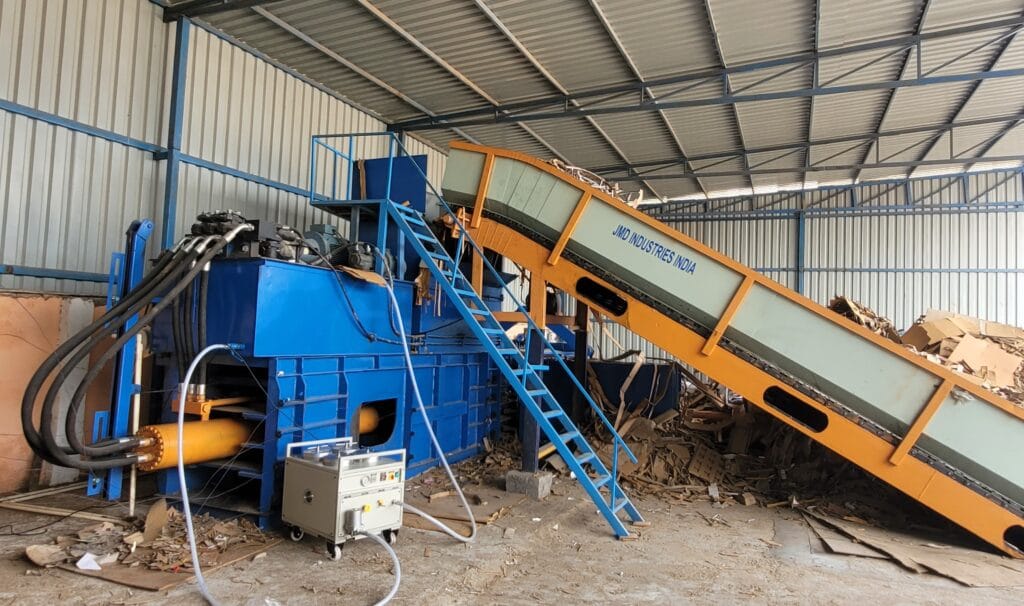
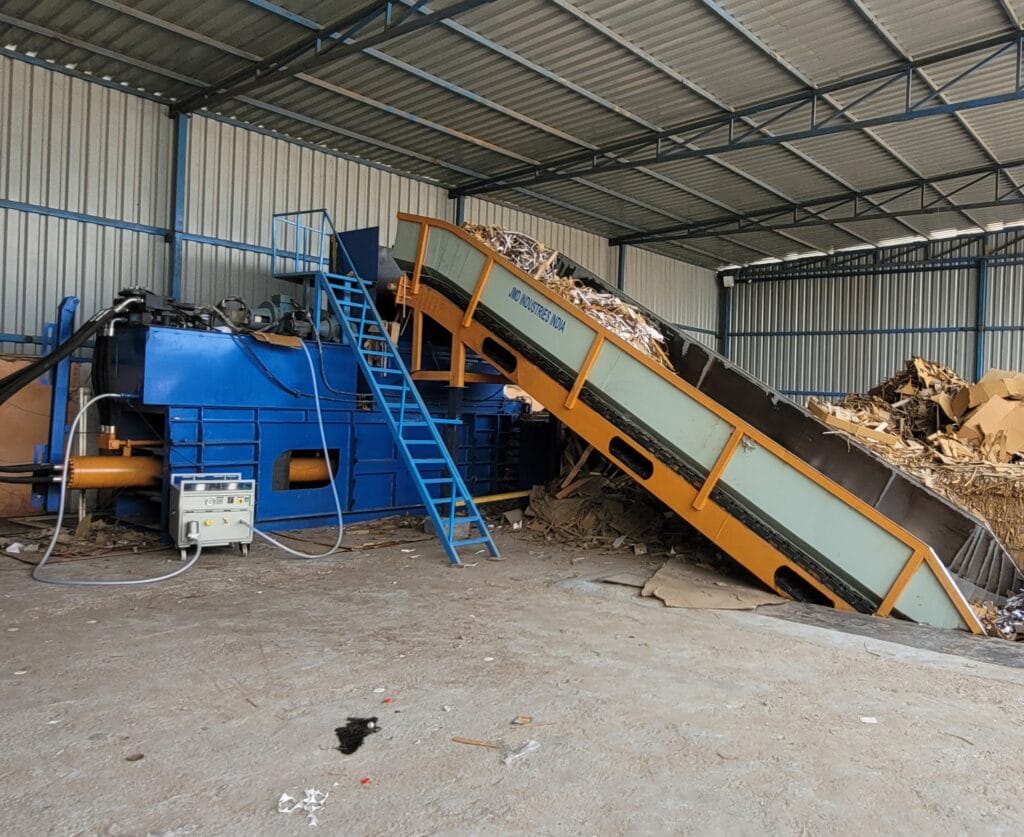
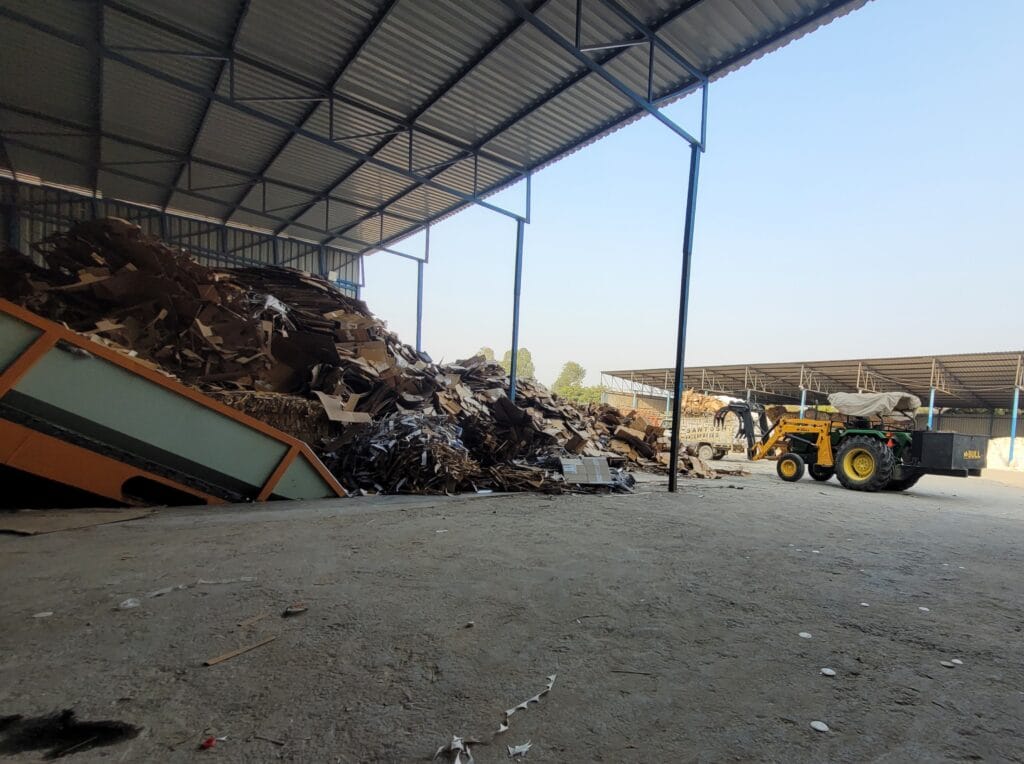
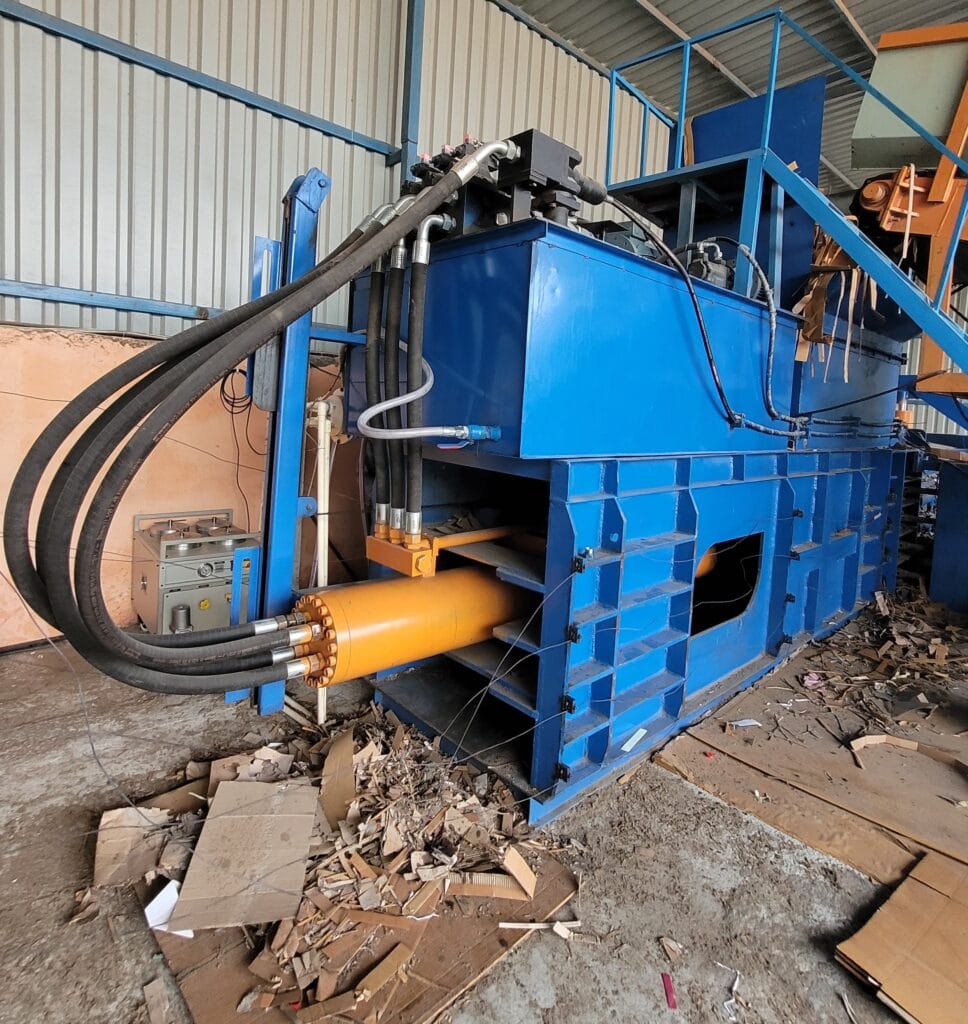
100% Guaranteed Clean Oil
